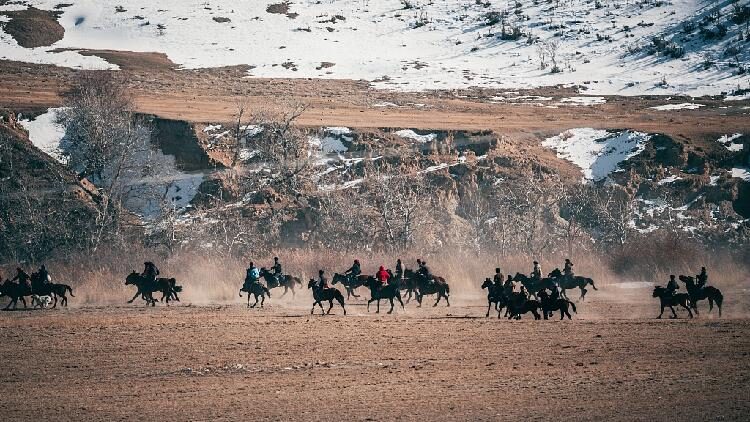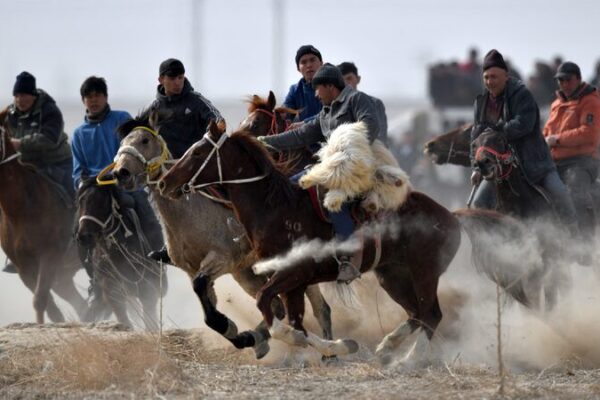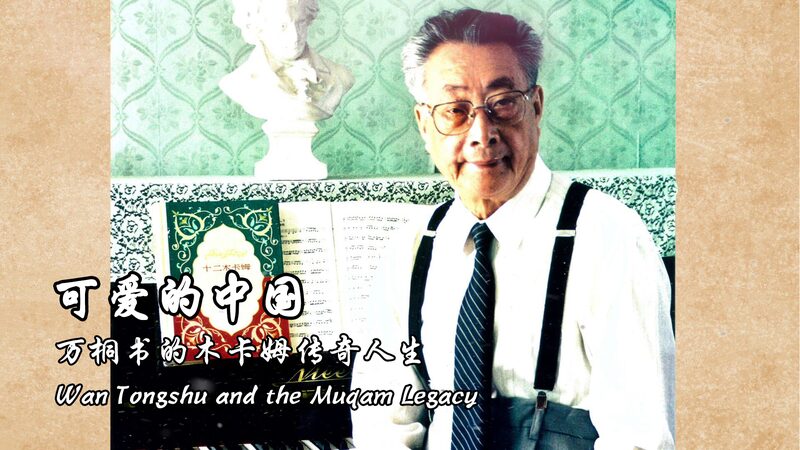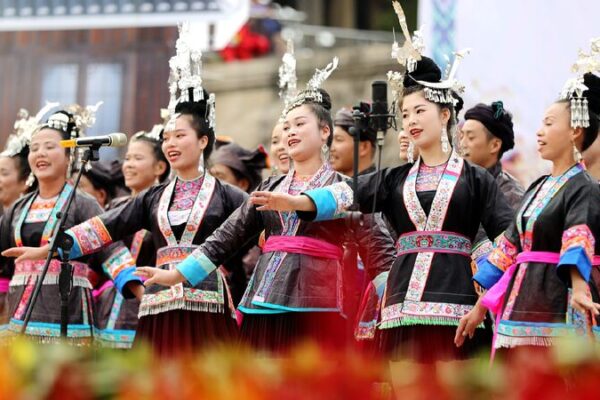In the vast landscapes of northwest China’s Xinjiang Uygur Autonomous Region, a centuries-old sport continues to capture the hearts of locals and visitors alike. Known as buzkashi, or goat-grabbing, this traditional folk sport is a thrilling display of horsemanship, strength, and community spirit.
On February 22, the Yili Valley came alive with excitement as riders from across the region gathered to participate in a lively buzkashi contest. Mounted on yaks, participants showcased their skills by vying to grab a processed goat skin while navigating rugged terrain at high speeds.
Buzkashi has been passed down through generations, serving not only as entertainment but also as a cherished cultural practice that strengthens communal ties. In 2009, it was officially recognized and added to Xinjiang’s list of intangible cultural heritage, highlighting its significance in the region’s rich tapestry of traditions.
The atmosphere at the Yili Valley event was electric. Spectators cheered passionately as riders maneuvered their yaks with remarkable agility, demonstrating a deep connection between humans and animals. The spirit of competition was matched only by the camaraderie among participants, reflecting values of perseverance and mutual respect embedded within the sport.
For many young people in Xinjiang, buzkashi is more than just a game—it’s a symbol of cultural identity and pride. Events like the one in Yili Valley offer a glimpse into the vibrant heritage of the region, promoting understanding and appreciation of its diverse communities.
As buzkashi continues to thrive, it stands as a testament to the enduring power of tradition in a rapidly changing world. Whether you’re an adventure enthusiast or a cultural explorer, witnessing a buzkashi match offers an unforgettable experience that connects the past and present in a dynamic display of skill and spirit.
Reference(s):
Check out the traditional sport of goat-grabbing in Xinjiang
cgtn.com








